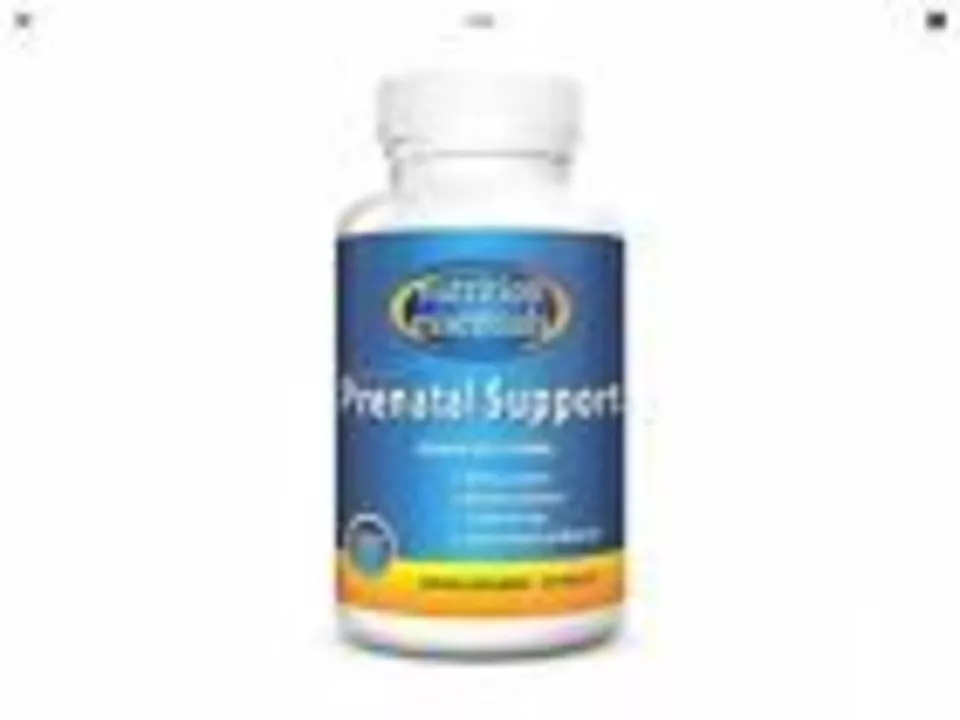Essential nutrients: what they are and why you should care
Missing one key nutrient can quietly sap your energy, mess with sleep, or make infections stick around longer than they should. Essential nutrients are the vitamins, minerals, fats, proteins, and carbs your body can’t make enough of on its own. You need them every day to fuel cells, bones, immunity, and mood.
What counts as essential (and quick food swaps)
Think of essentials in two buckets: macronutrients you eat in larger amounts and micronutrients you need in tiny doses but can’t live without.
Macronutrients — protein, healthy fats, carbs, and fiber. Eat a palm-sized portion of protein at each meal (eggs, chicken, beans, tofu). Choose whole carbs like oats, brown rice, potatoes, and add fiber from veggies, fruit, and legumes. For fats, focus on olive oil, avocados, nuts, and fatty fish (salmon, sardines) for omega-3s.
Micronutrients — vitamins and minerals like vitamin D, B12, iron, calcium, iodine, zinc, and magnesium. Concrete swaps: swap sugary cereal for fortified oatmeal (vitamin B, iron), add a can of sardines or salmon twice a week (vitamin D, calcium), snack on pumpkin seeds (zinc, magnesium), and try citrus or bell peppers with iron-rich meals to boost absorption.
Signs you might be low — and sensible next steps
Look for specific, practical signals: constant fatigue and pale skin can point to iron deficiency; numbness or balance problems may suggest B12 issues; frequent muscle cramps or poor sleep could relate to low magnesium. Bone pain and weak teeth often tie back to low calcium or vitamin D.
If you see a clear sign, get a simple blood test before starting mega-doses. Many deficiencies show on routine labs and are easy to fix with food plus targeted supplements.
Here’s a short, daily checklist to cover the most important bases:
- Protein at every meal — eggs, beans, fish, poultry, tofu.
- One serving of fatty fish 2–3 times weekly for omega-3s, or a fish oil supplement if you don’t eat fish.
- Colorful vegetables and fruit every day for vitamin C, folate, and antioxidants.
- Calcium-rich foods daily — dairy, fortified plant milk, or canned sardines.
- Sun exposure short and safe for vitamin D; consider 800–2000 IU supplements if tests show low levels.
- Iron-aware pairing: eat vitamin-C foods with plant iron sources, and avoid coffee/tea right after iron-rich meals.
Quick rules for supplements: pick third-party tested brands, avoid unnecessary megadoses, and tell your doctor or pharmacist about all meds you take. Some supplements change how drugs work — for example, calcium can interfere with certain antibiotics, and vitamin K affects blood thinners.
If you want practical reads, check our posts on targeted supplements like Baikal Skullcap for herbal support and our fluoride supplements guide for dental health. For people with chronic conditions, our article on natural ways to manage autoimmune flares links diet and specific nutrients to real-life symptom changes.
Final tip: small, consistent food changes beat one-off fixes. Add one new nutrient-rich swap per week and get a basic blood panel if you feel off — then adjust with food first, supplements second, and your clinician guiding the way.

